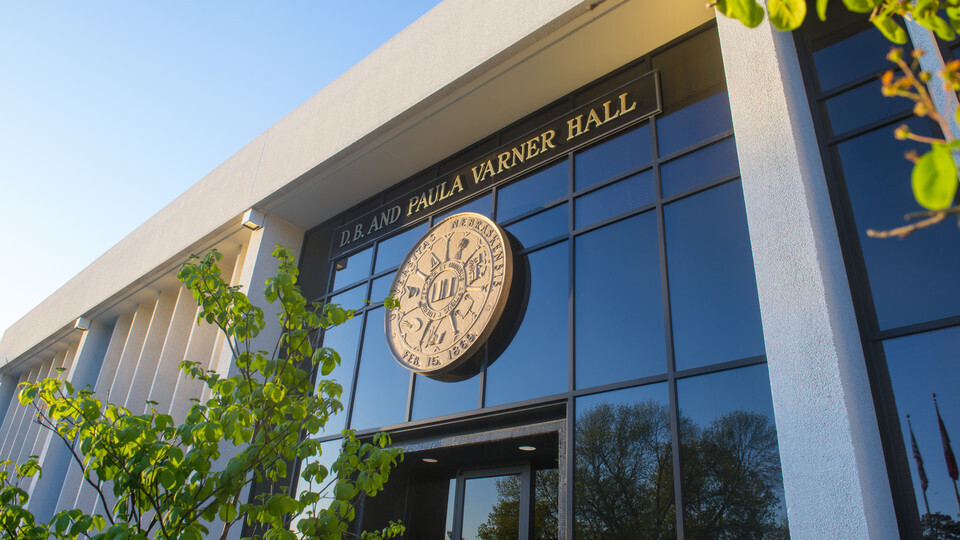
The University of Nebraska system has earned strong scores for budgeting and fiscal management in new reports issued by the nation’s leading credit ratings agencies.
S&P Global recently affirmed the university’s AA bond rating, a reflection of sound financial planning and performance. The rating — the second-highest available — means the university has strong capacity to pay its bills and debt obligations and ensures that NU can continue borrowing money at low interest rates, saving students and Nebraska taxpayers money.
Additionally, Moody’s recently released data ranking the University of Nebraska among the nation’s best in financial strategy, risk management, and management credibility and track record. The NU system also received high ratings in customer relations, demonstrating its positive relationships with stakeholders including students, donors, elected leaders and research funders.
“There’s no higher priority for the University of Nebraska than accountability to those who invest their precious resources in us,” said Ted Carter, president of the NU system. “We’ve been conservative in our planning, we’ve built strong partnerships with Nebraskans, and we’ve been willing to make tough decisions to keep our budget balanced. It’s gratifying to see that we are viewed in such high standing by the best in the business.
“Our students, families and taxpayers are the ultimate beneficiaries.”
Bob Phares, chairman of the NU Board of Regents, said he is proud of the financial scores.
“But, I’m even more proud of what they represent — the diligent and long-term approach that we have taken in managing our budget through ups and downs in the economy,” Phares said. “We want to make sure Nebraskans get the greatest possible return for what they invest in their university.”
A prime example of the university’s long-term financial approach is last year’s successful $400 million bond sale for building renewal and repair projects across the campuses. The sale – the largest issuance of new bonds in NU history – was the first transaction after the passage of LB384, a plan championed by Sen. John Stinner of Gering to extend through 2062 a state-university partnership on deferred maintenance.
The Nebraska Legislature and Gov. Pete Ricketts’ approval of the legislation this past session allowed the university to capitalize on last year’s historically low interest rates, saving more than $1.5 billion for future generations of students and taxpayers.
“As a longtime member of the board, I’ve seen firsthand the thought and care that we put into building fiscal strategies that not only serve our present needs, but also anticipate the future so that we remain in a position of strength even in volatile times,” said Rob Schafer, regent and chair of the board’s business and finance committee. “The fact that outside experts have affirmed our approach is a great win for Nebraskans.”
Carter said the university will look for additional cost savings as part of its long-term fiscal strategy. Already since 2020, the NU System has cut nearly $50 million in annual operating expenses, in part by achieving savings through streamlined system-wide operations in information technology, purchasing, facilities and human resources.







